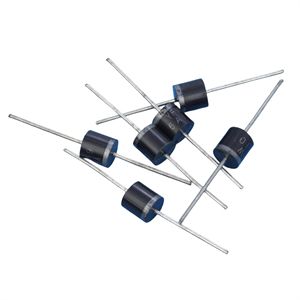Date:2024-11-07 Categories:Product knowledge Hits:348 From:Guangdong Youfeng Microelectronics Co., Ltd
Stability refers to the degree to which the parameters of an inductor coil change with environmental conditions. The stability of a coil is usually evaluated using the temperature coefficient α L of the inductor, which represents the stability of the inductance relative to the tear degree.
The temperature coefficient of inductance is mainly caused by the expansion of coil wires due to heating, resulting in geometric deformation of the coil. In order to improve the temperature stability of the coil, the hot winding method can be used to make the coil: the wire around which the coil is wound is passed with current to make the wire hot before winding the coil. This can make the coil shrink and tightly adhere to the skeleton after cooling, making it less prone to deformation due to heat and thus improving stability.
In addition to temperature, temperature can also cause changes in the parameters of the inductor coil. For example, an increase in humidity will cause an increase in the distributed capacitance and losses of the coil, resulting in a decrease in the stability of the coil. In order to prevent the influence of humidity on coil parameters, moisture-proof measures are usually taken when making inductor coils, such as using epoxy resin encapsulation or impregnation treatment.

Previous: Classification, Structure, and Principle of MOSFET
Next: Using voltage inspection method to quickly locate fault points in integrated circuits